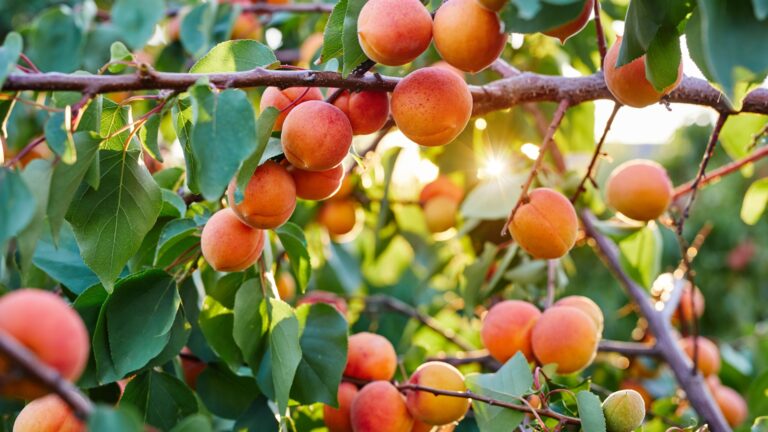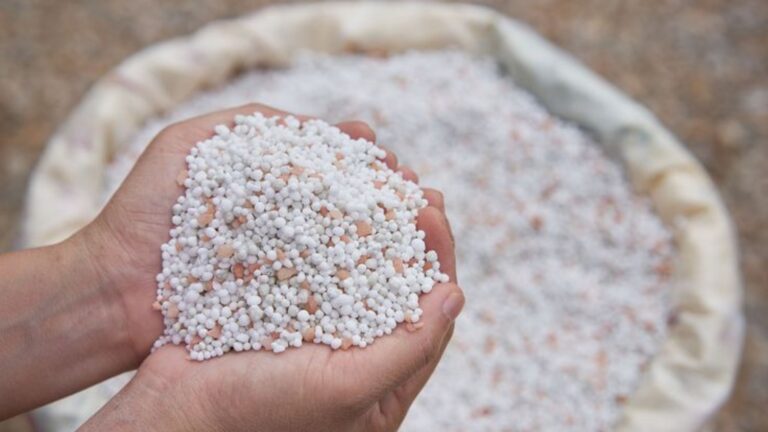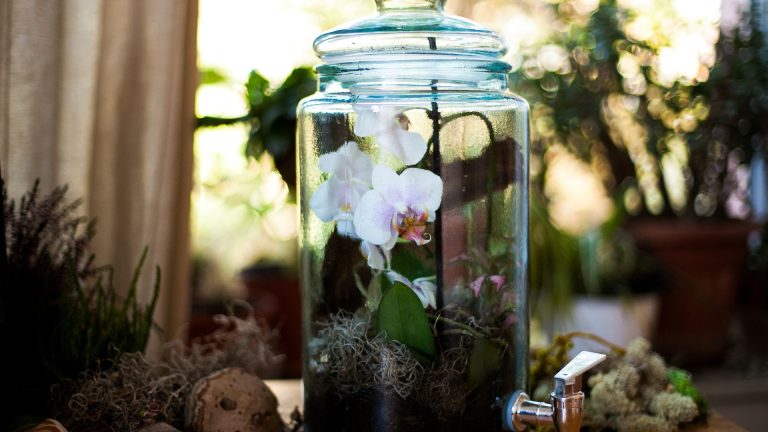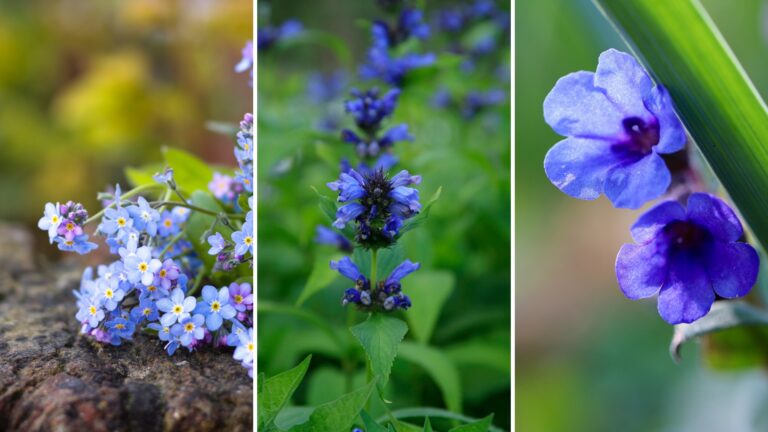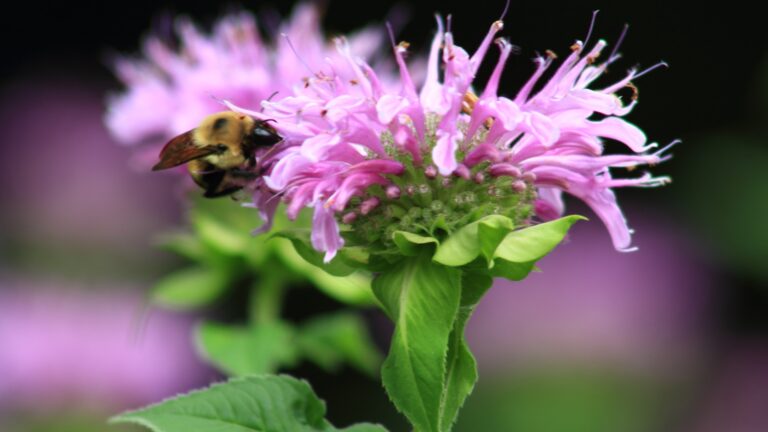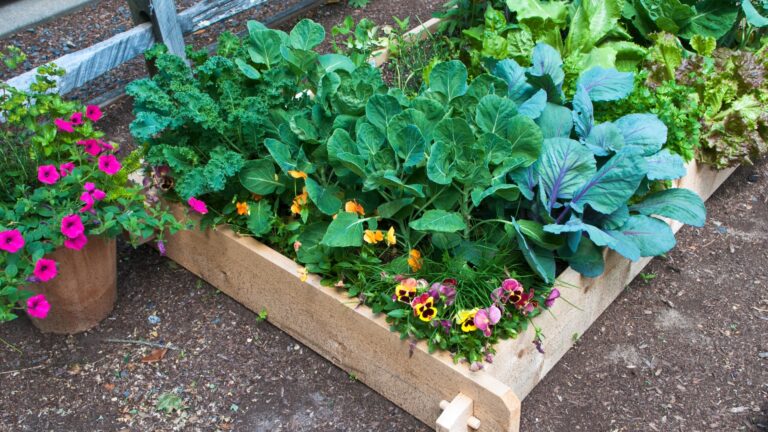15 Scents Deer Can’t Stand And 5 They Love
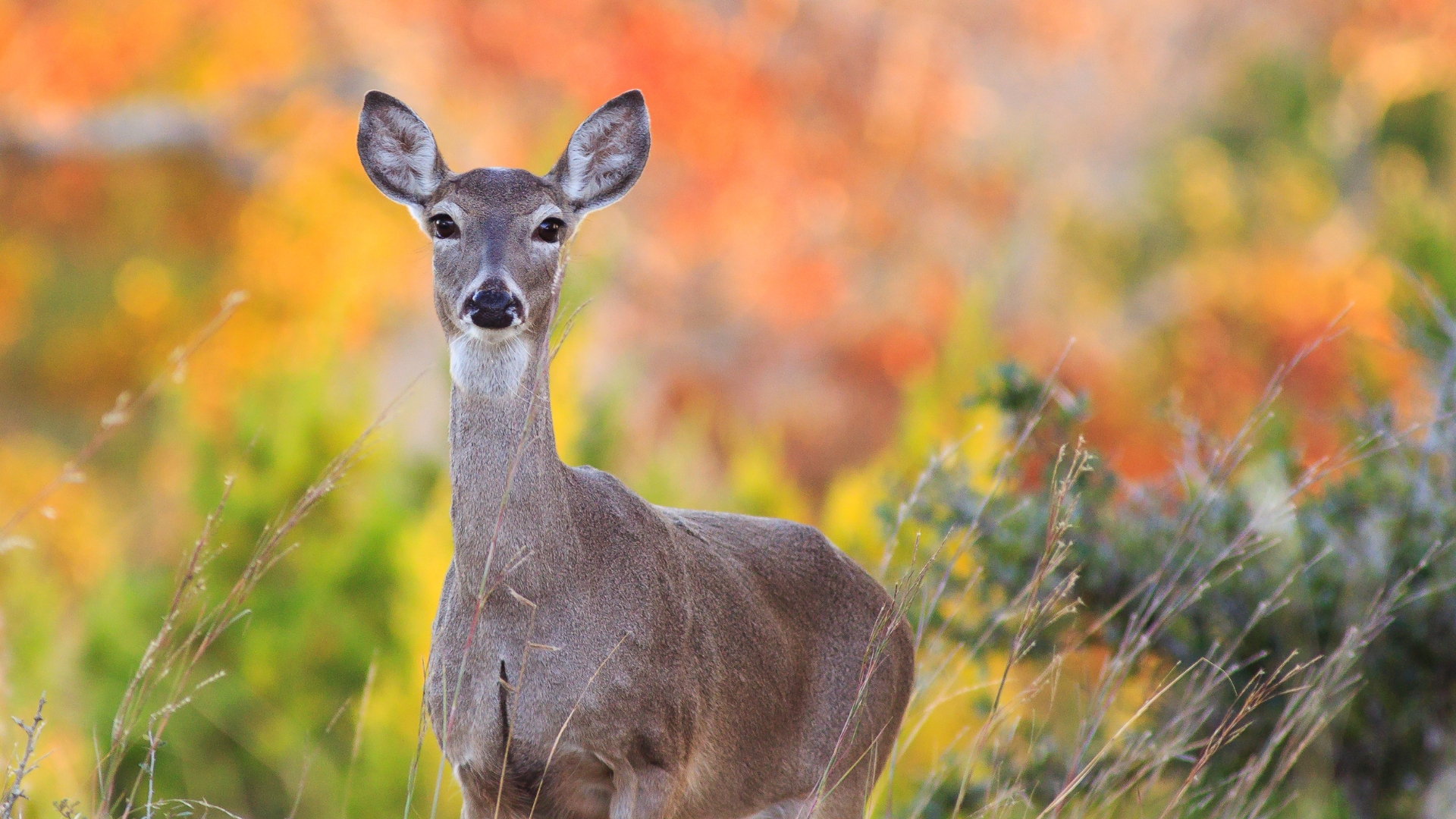
Deer can be tricky neighbors, but knowing which scents they avoid can give you a leg up in protecting your garden. Some smells send them packing faster than you can say “not today, deer!”
On the flip side, a few fragrances actually draw them in, making your yard feel like their personal buffet. It’s kind of wild how much their noses influence what they do around your plants.
Let’s explore the scents that help keep deer at bay—and the ones that might be inviting them over for a visit.
1. Garlic
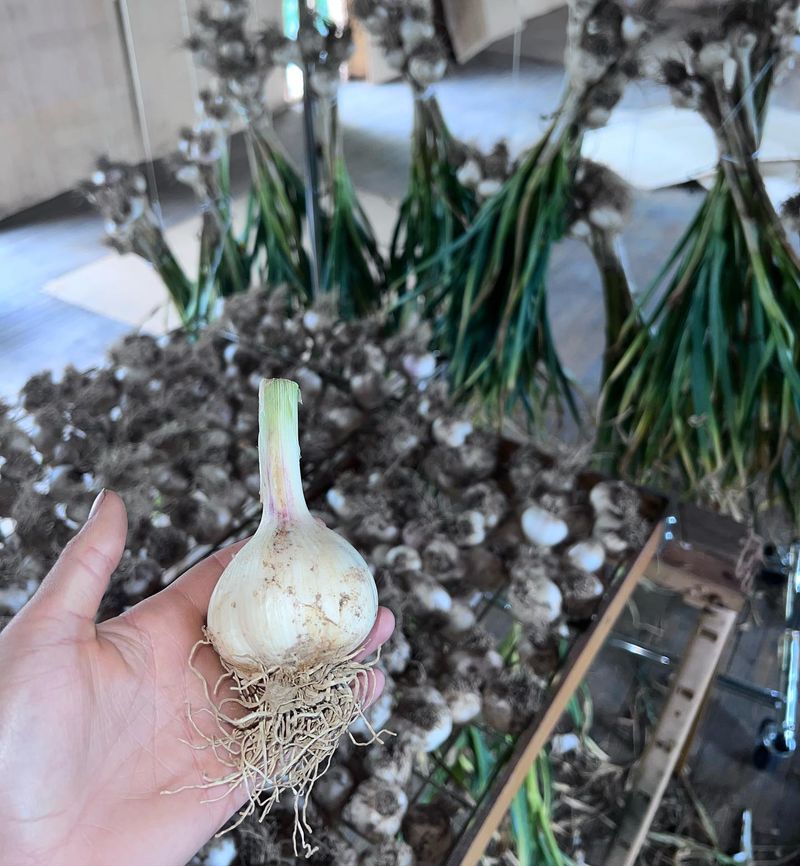
Nothing sends deer running faster than the pungent aroma of garlic. The strong sulfur compounds that give garlic its distinctive smell overwhelm deer’s sensitive noses, making them avoid areas where this scent lingers.
Many gardeners crush garlic cloves and spread them around plant beds or create DIY sprays by soaking minced garlic in water. The smell might not bother humans after a while, but deer will keep their distance for days after application.
2. Human Hair
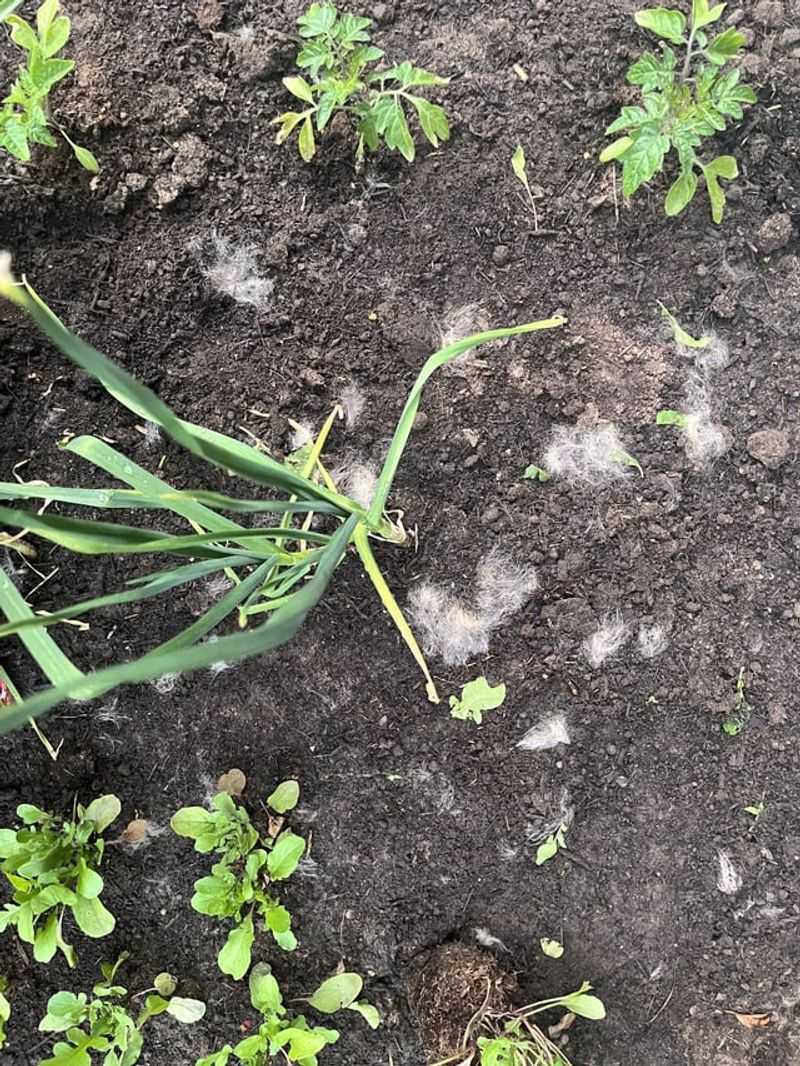
Surprisingly effective as a deer deterrent, human hair carries our unique scent that signals danger to wild animals. After your next haircut, collect those trimmings and put them to work protecting your garden.
Scatter hair around plants or stuff it into old pantyhose to create scent sachets. Rain will eventually wash away the smell, so you’ll need to replace the hair every few weeks. Many hair salons will happily give you bags of cuttings if you explain your purpose.
3. Irish Spring Soap
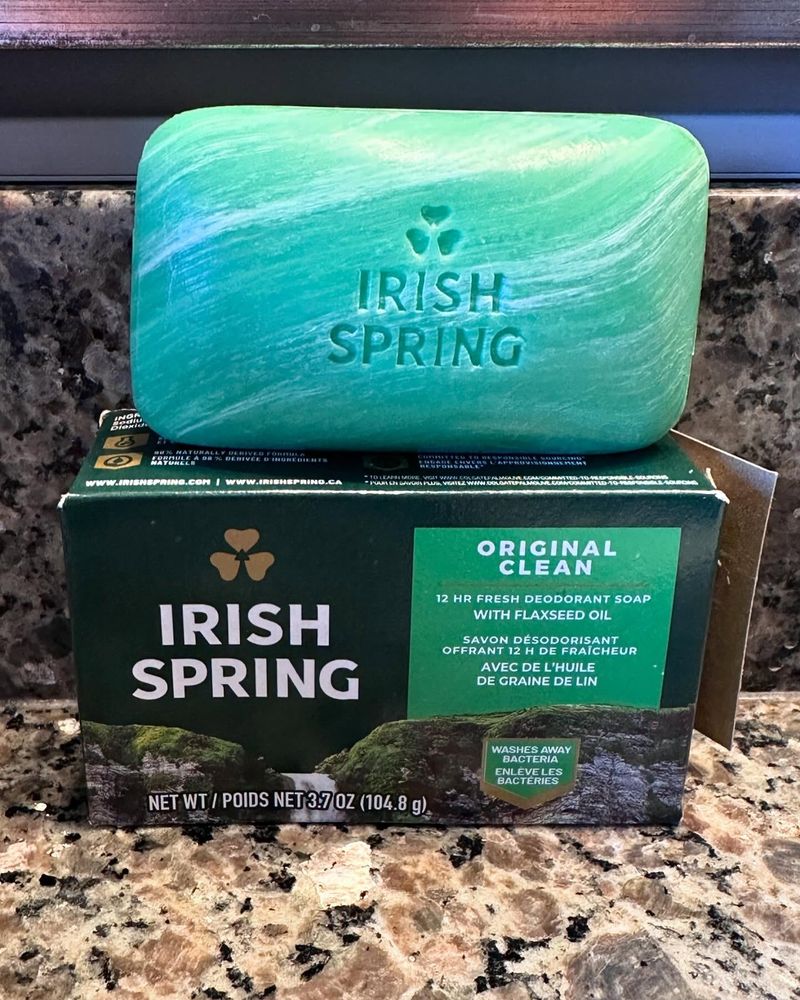
This bathroom staple doubles as an excellent deer repellent when placed strategically around your yard. The strong fragrance compounds in Irish Spring soap create an invisible barrier that deer typically avoid crossing.
Simply cut bars into small chunks and place them in mesh bags hung from trees or stakes. The soap slowly releases its scent when it rains, refreshing the barrier naturally. Replace the soap pieces monthly or after heavy rainfall for continuous protection.
4. Predator Urine
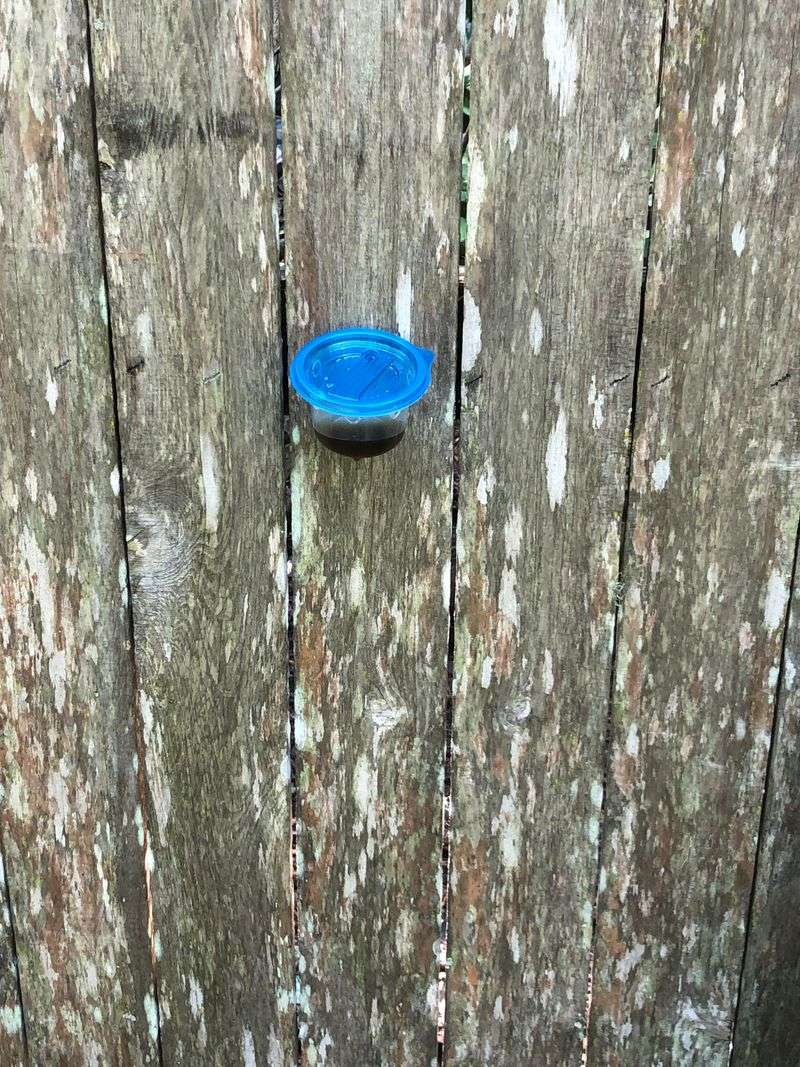
Tapping into deer’s natural fear response, predator urine creates an illusion of danger that keeps them away. Commercial products containing wolf, coyote, or fox urine can be found at garden centers and hunting supply stores.
Apply the liquid around the perimeter of areas you want to protect, refreshing after rainfall. Some gardeners report success rates of over 80% when using predator urine consistently. The smell fades quickly for human noses but remains detectable to deer for days.
5. Rotten Eggs
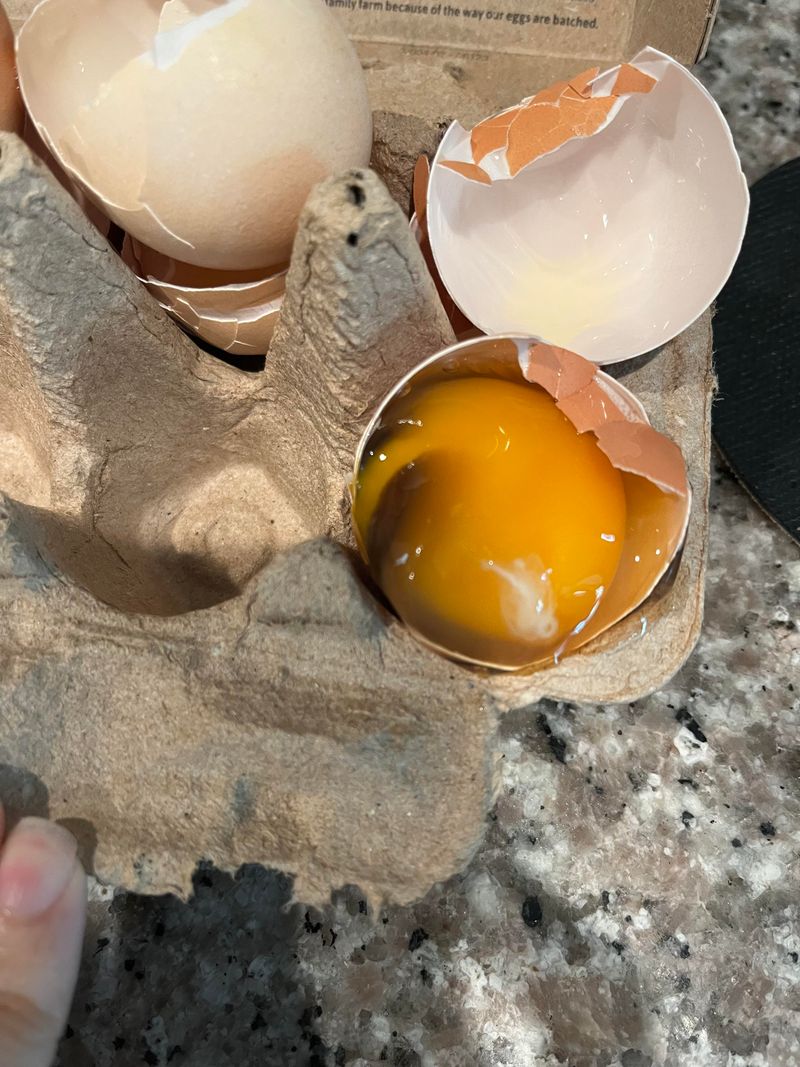
Few scents are as universally repulsive as rotten eggs, and deer share our distaste for this sulfurous smell. Commercial deer repellents often include egg solids as their active ingredient because they’re so effective.
Mix a few beaten eggs with water and let the mixture sit in the sun for a day before spraying on plants. The rotten egg smell breaks down quickly for humans but lingers for deer. Apply every 2-3 weeks or after rain for best results.
6. Peppermint Oil
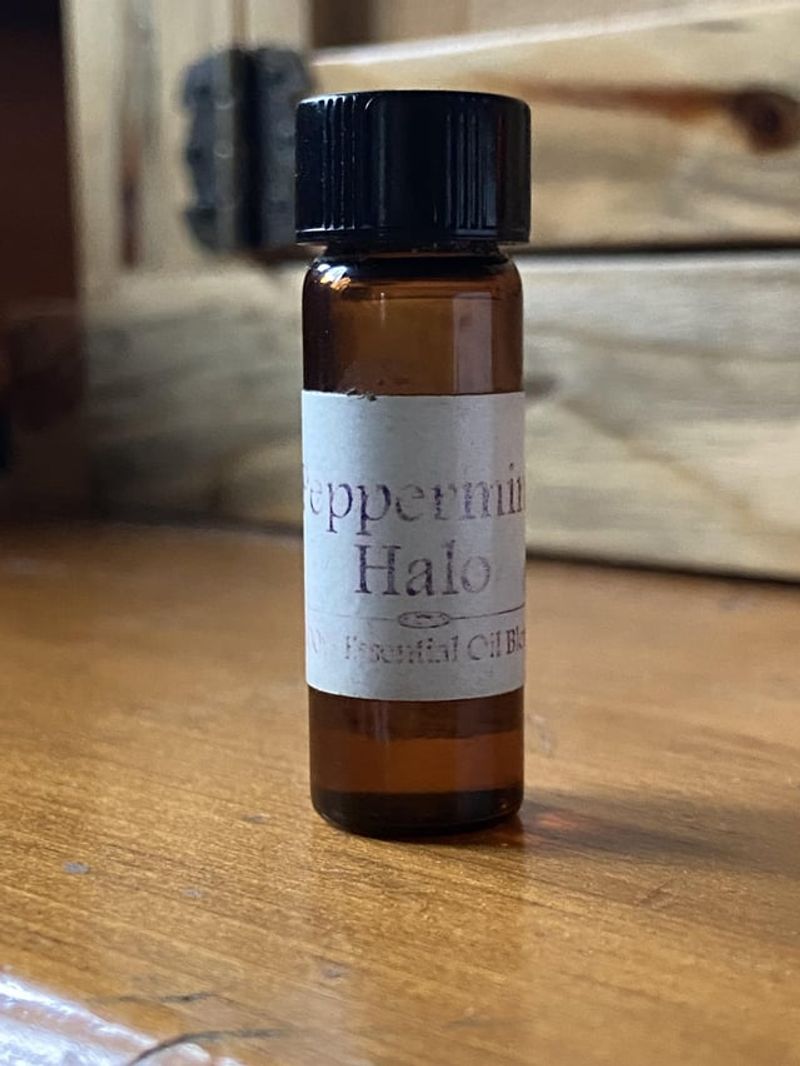
While humans find peppermint refreshing, deer experience it as an overwhelming assault on their sensitive olfactory system. The cooling menthol compounds create a sensation that deer find deeply unpleasant.
Create a spray by adding 15 drops of peppermint essential oil to a quart of water with a drop of dish soap. The smell lasts about a week before needing reapplication. As a bonus, this minty mixture also deters many garden insects without harming beneficial pollinators.
7. Blood Meal
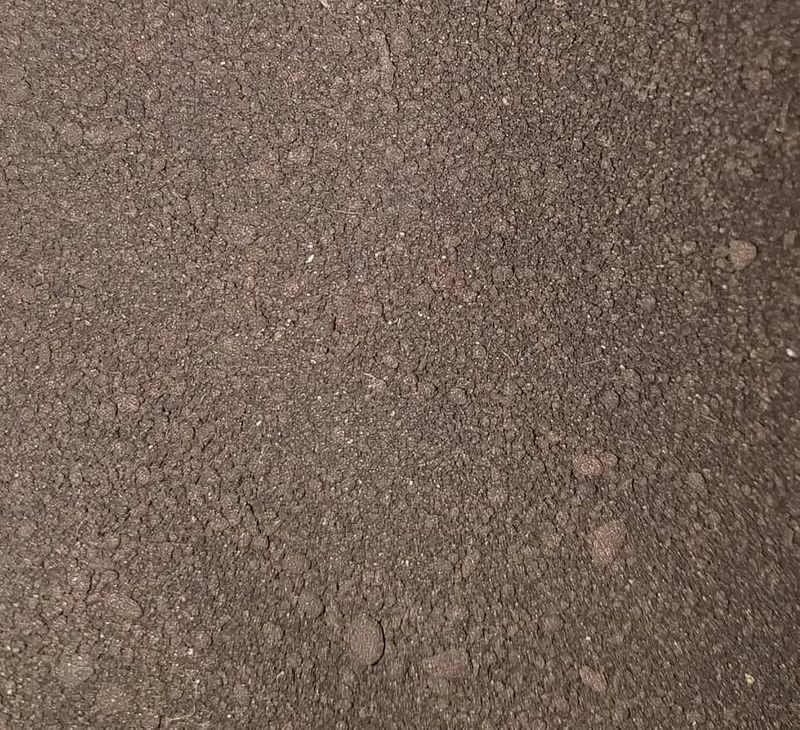
Made from dried animal blood, this nitrogen-rich fertilizer doubles as an effective deer deterrent. The scent of blood triggers deep-rooted predator avoidance instincts in deer, keeping them far from your garden.
Sprinkle blood meal around plant borders or mix into soil for both protection and fertilization. Heavy rain will wash away the smell, requiring reapplication every few weeks. Be careful not to over-apply as too much nitrogen can burn plants.
8. Lavender
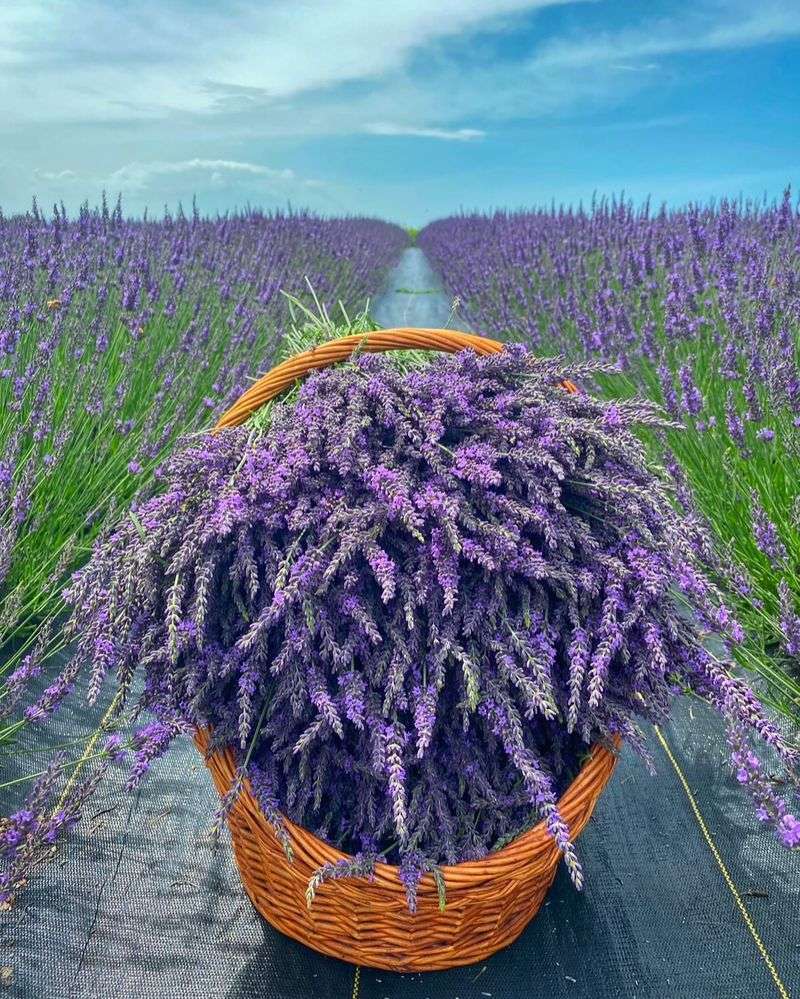
Beloved by humans for its calming properties, lavender contains potent aromatic oils that overwhelm deer’s sensitive noses. These beautiful purple flowers create a natural perimeter that most deer won’t cross.
Plant lavender borders around gardens or place dried bundles near vulnerable plants. The strong floral scent persists even in dry conditions, offering year-round protection. Bonus: you’ll attract beneficial pollinators while deterring deer with this fragrant perennial.
9. Coffee Grounds
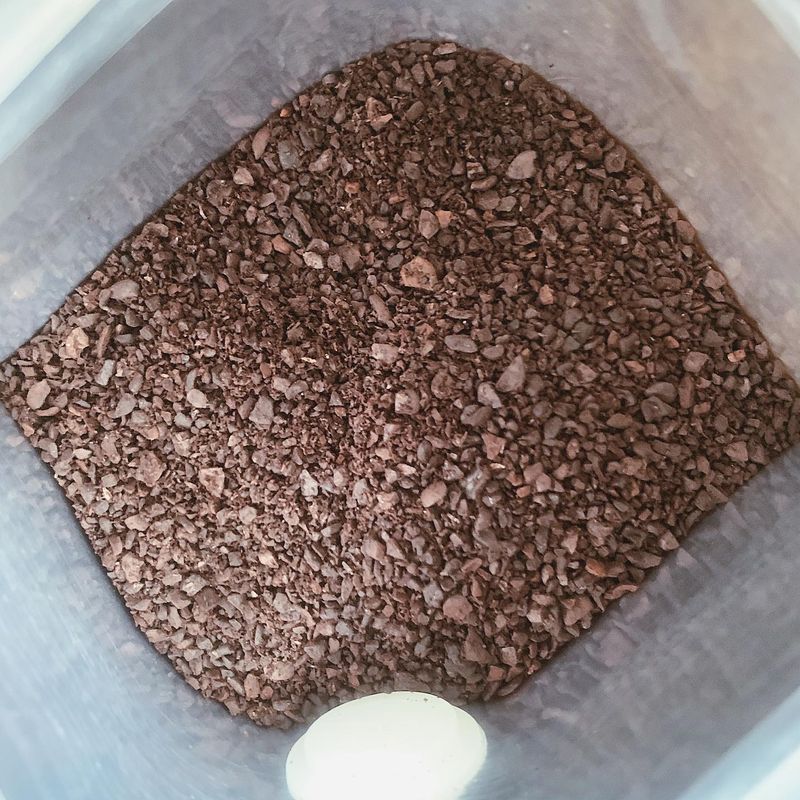
Your morning brew leftovers can pull double duty as deer repellent and garden fertilizer. The strong bitter scent of coffee grounds masks the appealing smell of garden plants while adding nitrogen to soil.
Scatter used grounds directly on soil or mix with mulch around plant bases. Rain will help release the compounds that deer find offensive. Many coffee shops give away used grounds for free, making this an economical option for large gardens.
10. Vinegar
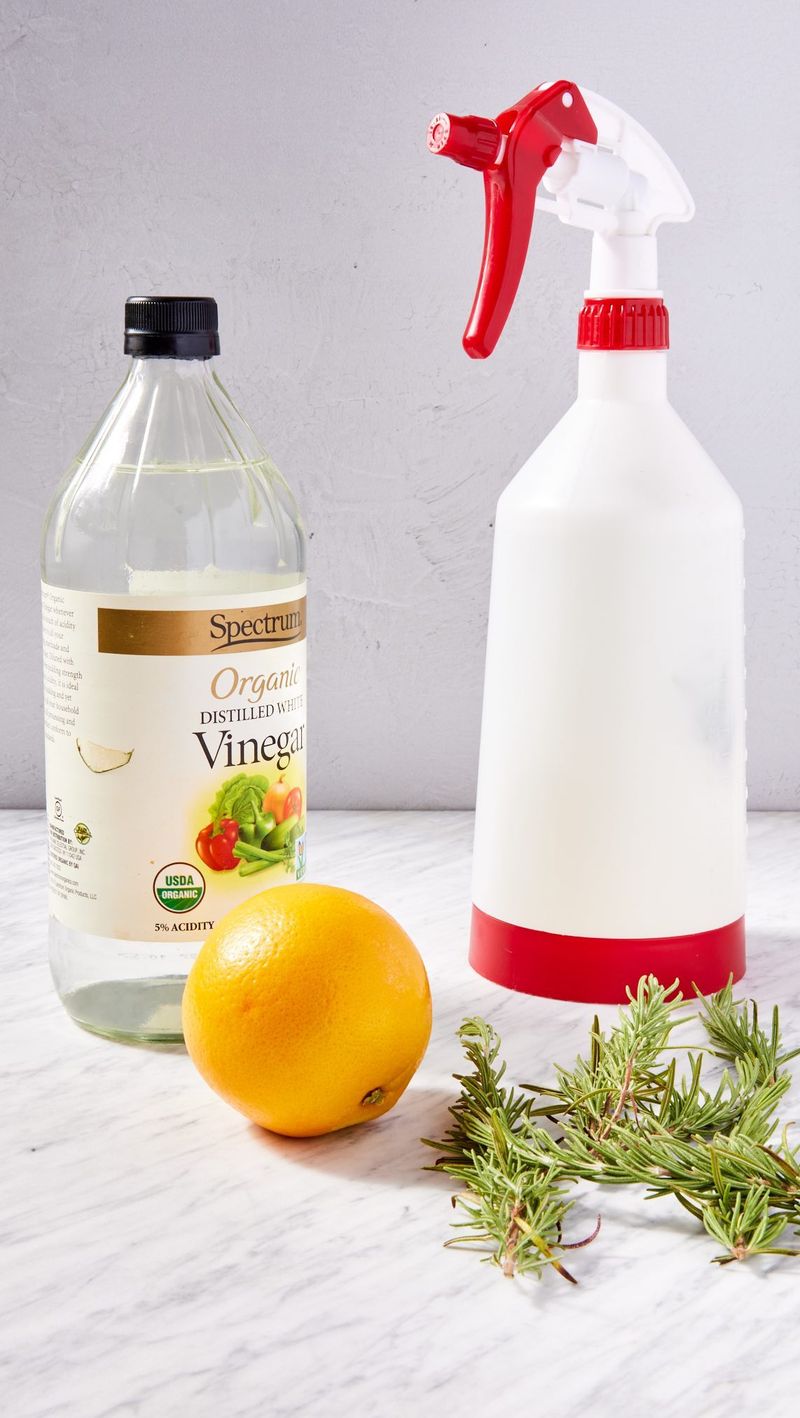
The sharp, acidic smell of vinegar acts like a natural warning sign for deer to stay away. White vinegar works well, but apple cider vinegar offers slightly longer-lasting effects due to its stronger scent profile.
Mix equal parts vinegar and water in a spray bottle and apply to plants’ leaves and surrounding areas. The smell dissipates for humans within hours but remains detectable to deer for days. Reapply weekly or after rainfall for continuous protection.
11. Marigolds
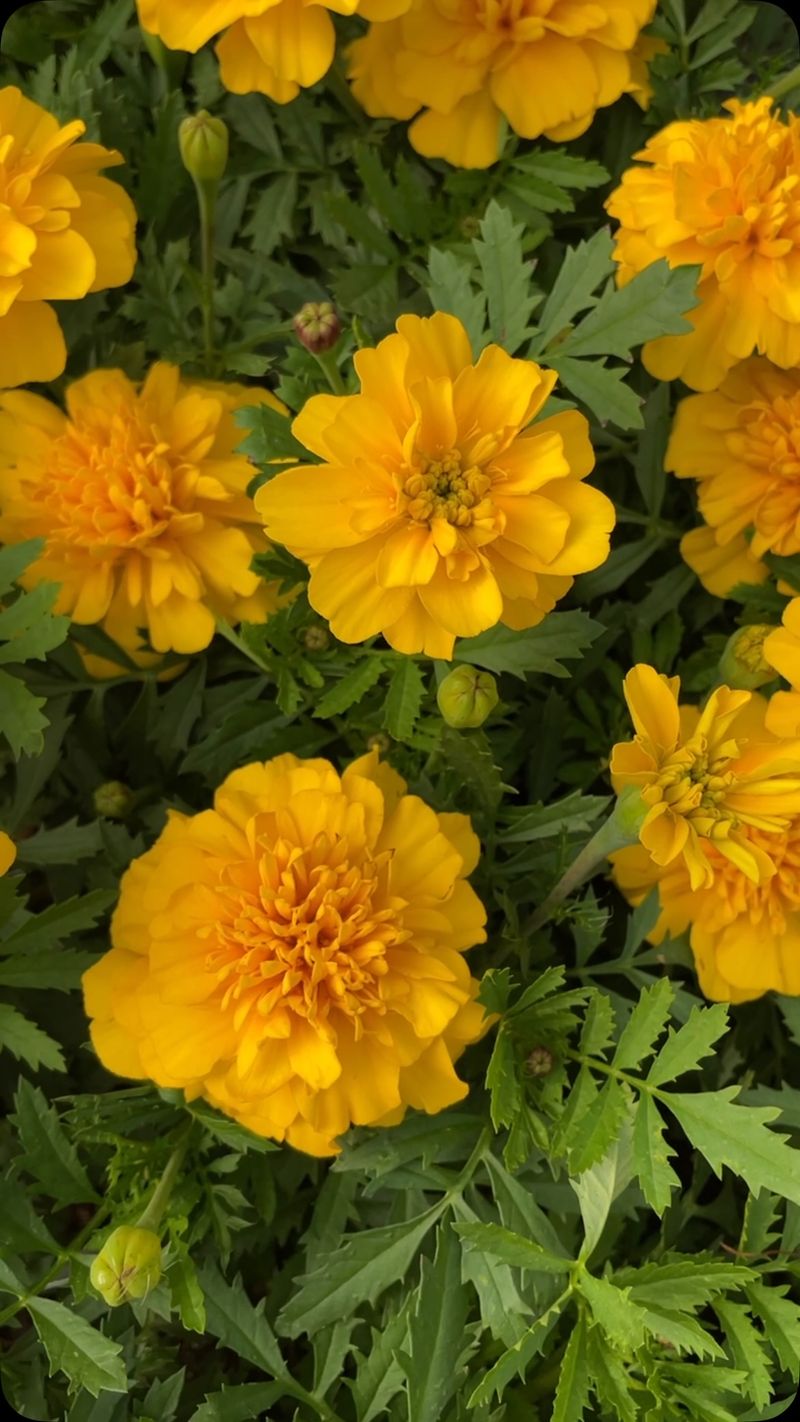
These bright orange and yellow flowers pack a powerful punch with their distinctive smell that deer typically avoid. Marigolds contain natural compounds that produce a peppery, spicy scent that overwhelms deer’s sensitive noses.
Plant marigolds as borders around vegetable gardens or intersperse them among vulnerable plants. Their strong fragrance works best when planted densely. As an added benefit, marigolds also repel many garden pests and attract beneficial insects like ladybugs.
12. Soap Bars
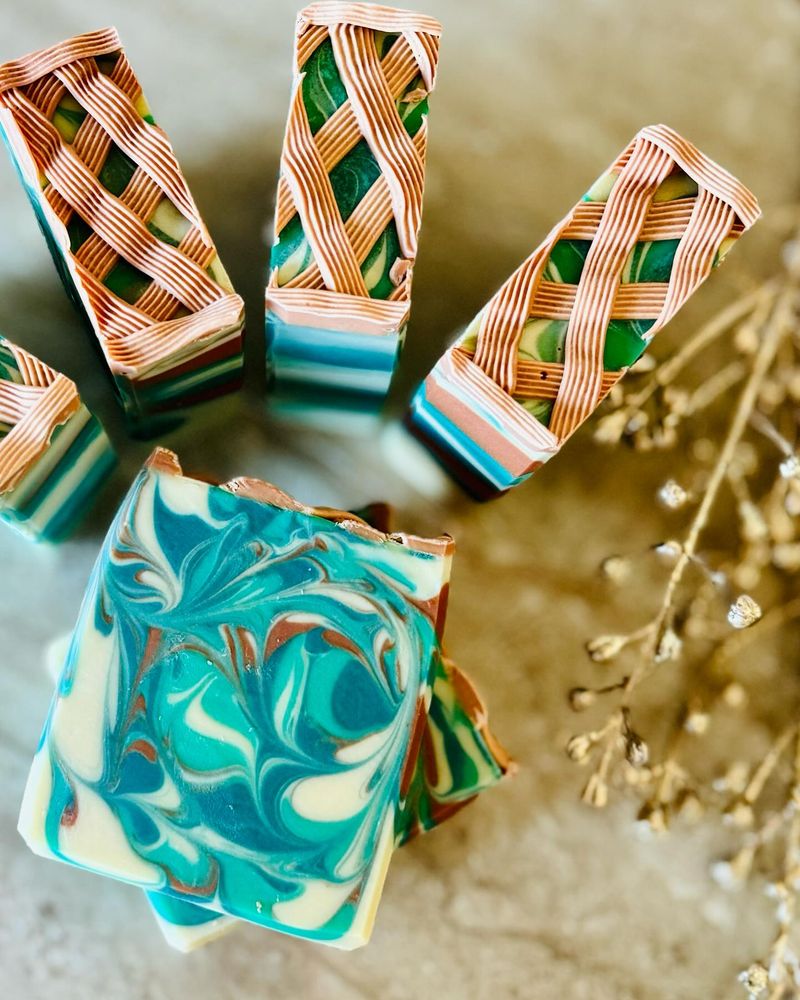
Regular bar soap contains tallow (animal fat) and other aromatic compounds that create an invisible barrier deer hesitate to cross. The stronger the fragrance, the more effective the soap tends to be.
Drill holes through unwrapped soap bars and hang them from strings on branches or stakes around your garden. Each bar can protect about 3-4 feet of space and lasts for weeks, even in rain. Replace when the soap size diminishes or the scent weakens.
13. Rosemary
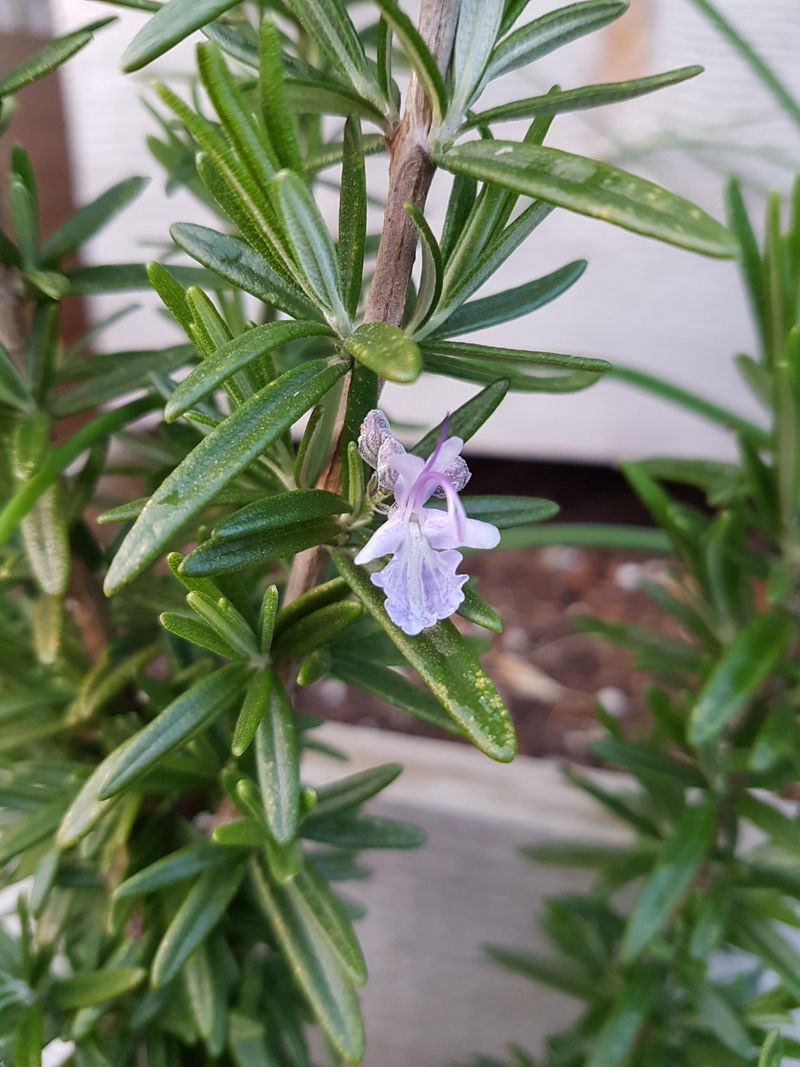
This aromatic herb serves double duty in the garden – culinary ingredient for humans and powerful repellent for deer. The strong pine-like oils in rosemary overwhelm deer’s sensitive noses, creating an invisible barrier.
Plant rosemary bushes around garden perimeters or near especially vulnerable plants. The woody scent intensifies in hot weather, providing stronger protection during summer months. Trim sprigs occasionally to release more oils and enhance the repellent effect.
14. Fabric Softener Sheets
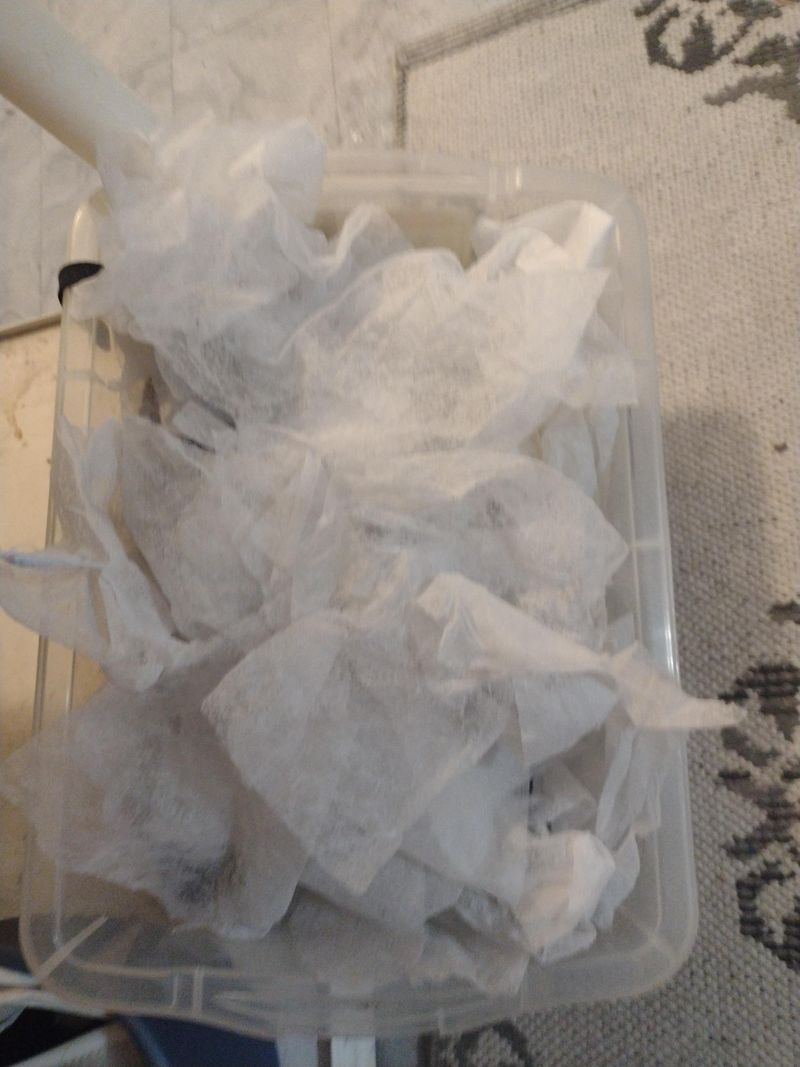
Those fragrant sheets that make laundry smell fresh can help keep deer out of your garden. The strong synthetic perfumes in dryer sheets overwhelm deer’s sensitive noses and signal potential danger.
Attach unused sheets to stakes or tree branches around garden perimeters, spacing them about 3 feet apart. Replace every few weeks or after heavy rain when the scent fades. This method works best when combined with other repellent strategies for maximum effectiveness.
15. Chili Pepper
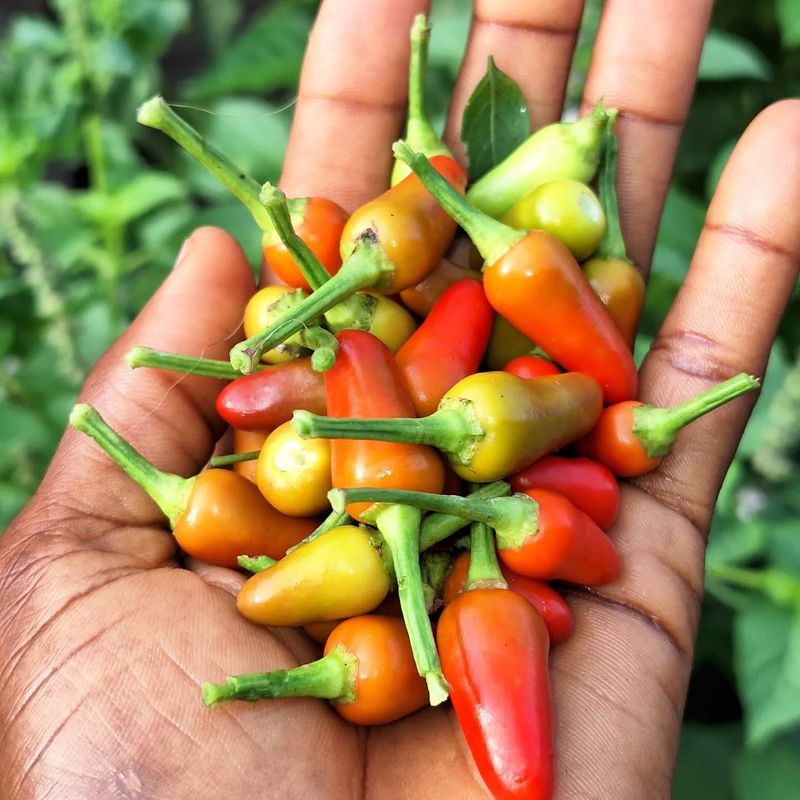
The capsaicin in hot peppers creates a burning sensation in mammals’ mucous membranes, making chili-based sprays highly effective deer deterrents. Even the smell alone is often enough to keep deer away from treated areas.
Blend hot peppers with water and a drop of dish soap, then strain and spray on plants. The spicy compounds stick to leaves for weeks unless washed away by rain. Always wear gloves when preparing and applying chili sprays to avoid skin irritation.
16. Acorns
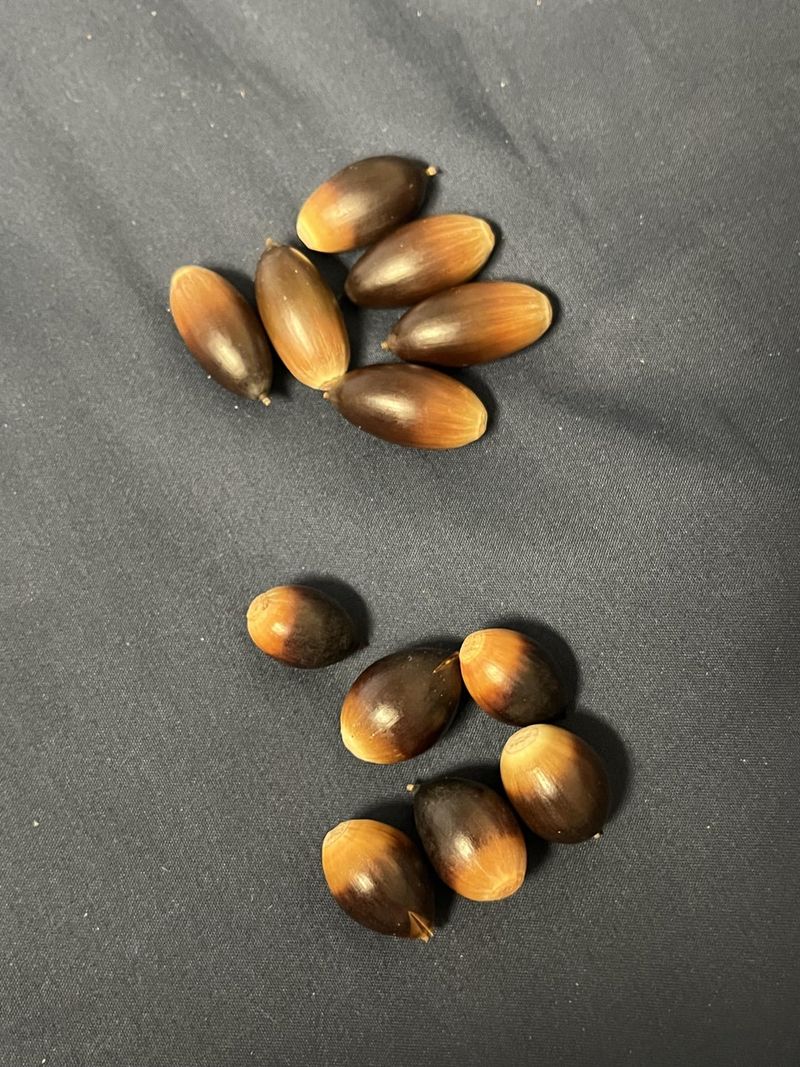
Contrary to popular belief, deer actually love acorns! These nuts are packed with fats and carbohydrates that help deer build crucial fat reserves for winter survival. During fall, deer will travel miles to find oak forests dropping these nutritional powerhouses.
A single deer can consume up to 3-5 pounds of acorns daily during peak season. The high tannin content in some acorn varieties, especially red oak, makes them slightly bitter but doesn’t deter hungry deer. Hunters often set up near productive oak trees to increase their chances of success.
17. Apples
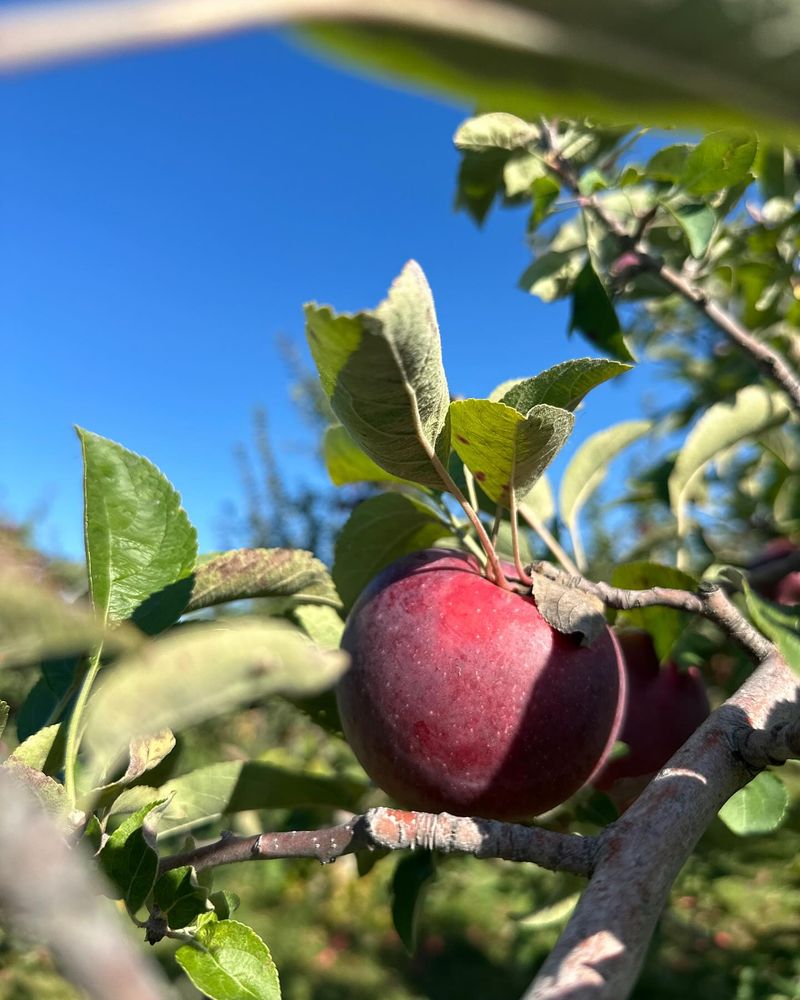
Few foods attract deer more reliably than sweet, ripe apples. The fruity aroma can draw deer from surprising distances, especially in late summer and fall when they’re building fat reserves for winter.
Fallen apples from orchards create natural deer magnets, with the animals often timing their feeding patterns around fruit drop. Many hunters use apples or apple scents as bait during deer season. The high sugar content provides quick energy while the fiber aids deer’s complex digestive systems.
18. Peanut Butter

This pantry staple ranks among deer’s favorite treats, with its rich, nutty aroma detectable from impressive distances. The high fat and protein content make peanut butter particularly attractive during colder months when deer need calorie-dense foods.
Wildlife photographers and hunters often smear peanut butter on trees to attract deer to specific locations. The sticky consistency means it stays in place for days, slowly releasing its enticing scent. Mixed with corn or oats, peanut butter becomes even more irresistible to curious deer.
19. Corn
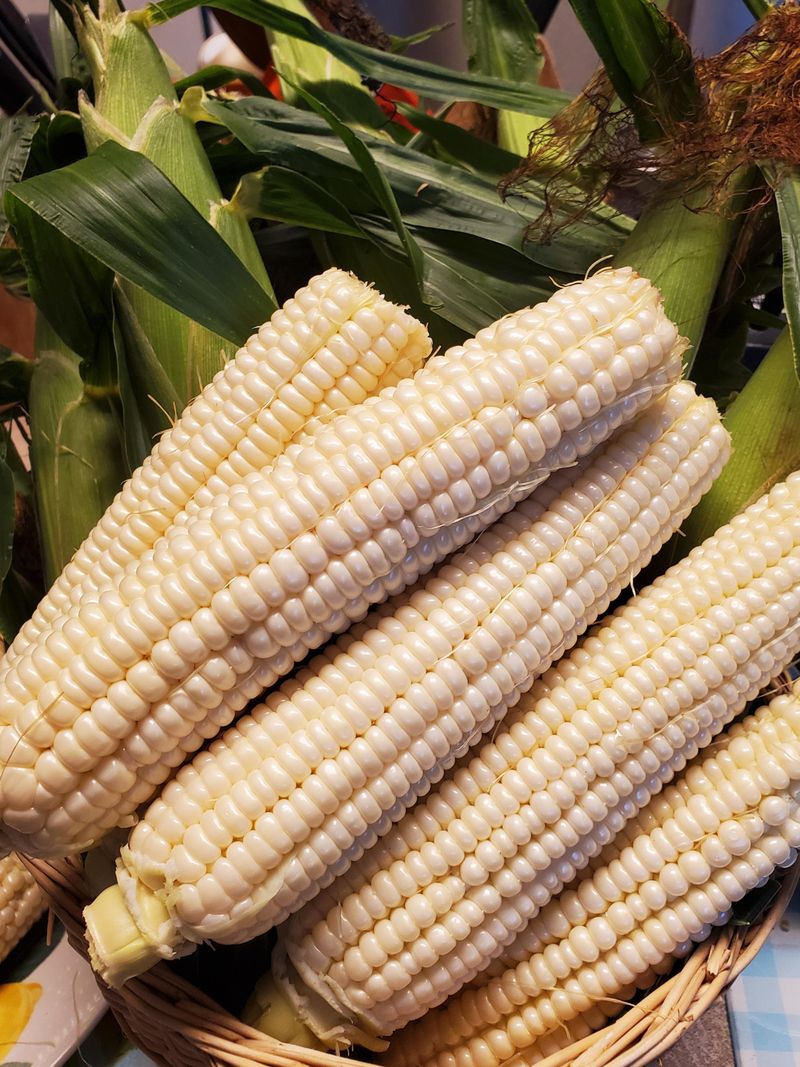
Nothing attracts deer more consistently than corn, whether dried, fresh, or processed into feed. The sweet, starchy aroma triggers immediate interest from deer, who can detect this favorite food from remarkable distances.
Wildlife managers often use corn in feeding programs during harsh winters when natural food is scarce. The high carbohydrate content provides quick energy while being easy to digest. Deer will establish regular visiting patterns to locations where corn is consistently available.
20. Persimmons

These sweet orange fruits become irresistible to deer once they ripen and fall from trees in autumn. The sugar-rich pulp provides excellent nutrition just when deer need to build fat reserves for winter.
Wild persimmon trees often become hotspots of deer activity, with animals visiting daily to check for newly fallen fruit. The distinctive sweet smell attracts deer even when fruits are still hanging on branches. Hunters frequently scout persimmon trees as prime locations for deer stands during hunting season.

